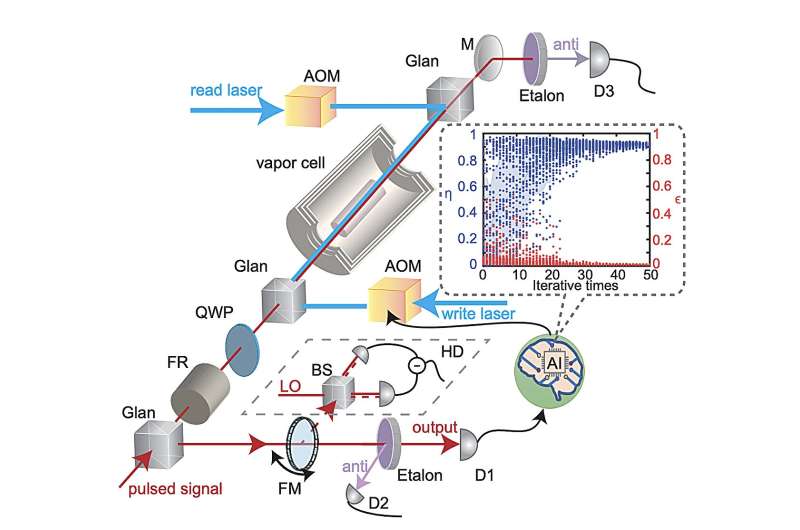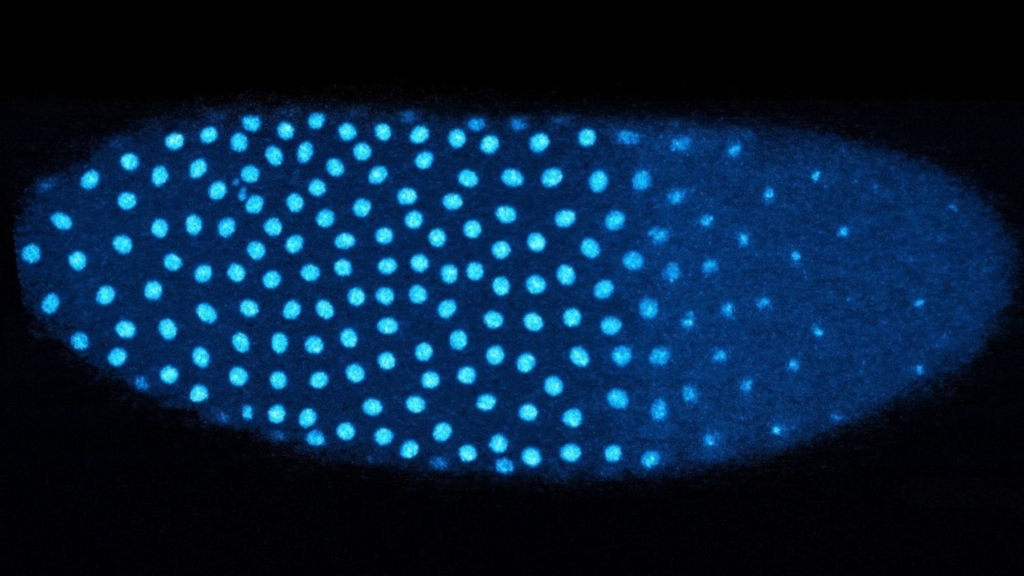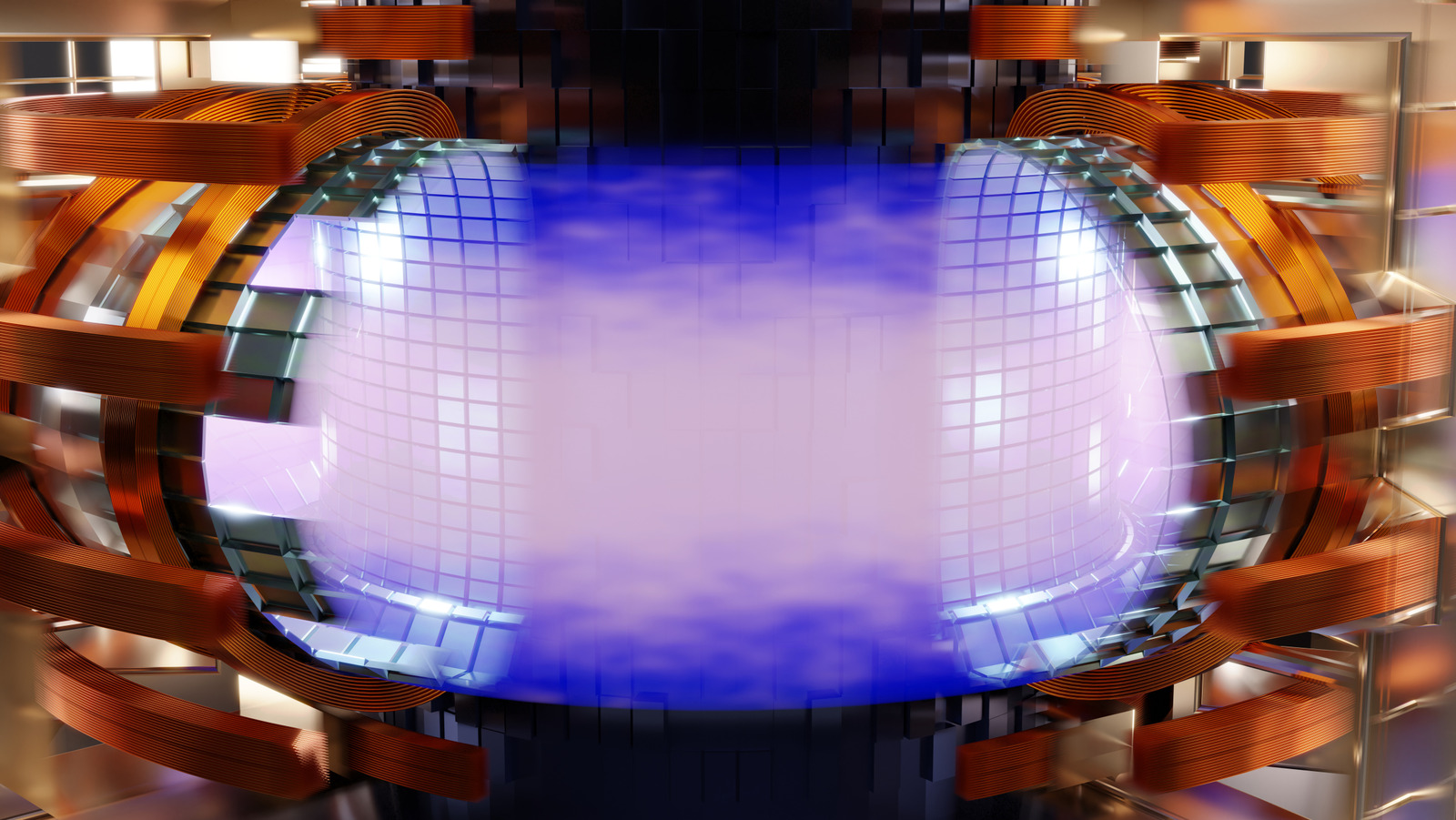Researchers have made significant advancements in quantum memory technology, achieving remarkable efficiency and fidelity. A collaborative team led by Professor Weiping Zhang from Shanghai Jiao Tong University and Professor Liqing Chen from East China Normal University recently introduced a new approach that allows quantum information to be stored and retrieved with an efficiency of 94.6% and a fidelity of 98.91%. This breakthrough, detailed in a paper published on November 15, 2025, in the journal Physical Review Letters, signals a major step towards practical applications in quantum information processing.
Quantum memories are crucial for the future of quantum technologies, as they allow for the storage and retrieval of quantum information encoded in light or other physical carriers. For practical applications, these devices must not only store information efficiently but also maintain high fidelity. Traditionally, many proposed quantum memory strategies produced random fluctuations or noise, which compromised the integrity of stored information. The new approach developed by Zhang and Chen addresses these challenges, demonstrating significantly improved performance.
The researchers utilized a technique involving a far-off resonant Raman scheme to enhance the interaction between atoms and light during the storage of quantum information. This method not only enables effective quantum storage but also offers a broadband advantage, allowing for faster storage of optical signals compared to previous methods. The team’s innovative technique involves adaptive control of the quantum memory to optimize its performance, achieving what they describe as a benchmark in quantum memory capability.
Professor Zhang emphasized the importance of this development, stating, “Quantum memory with near-unity efficiency and fidelity is indispensable for quantum information processing. Achieving such performance has long been a central challenge in the field.” Their research represents a breakthrough that could pave the way for new quantum technologies, including long-distance quantum communication and distributed quantum sensing systems.
Having successfully applied their mathematical approach to a Raman quantum memory based on warm rubidium-87 (Rb-87) vapor, the researchers believe they have overcome the longstanding “efficiency-fidelity trade-off” that has hindered previous efforts. This achievement could lead to even better-performing quantum memories in the future.
Looking ahead, Zhang’s team plans to explore additional physics-driven principles and integrate their quantum memory into quantum repeaters. This integration could enhance fault-tolerant quantum computing architectures and contribute to the development of advanced quantum networks.
The implications of this research extend far beyond theoretical advancements, potentially revolutionizing how quantum information is processed and utilized across various technologies. As the field of quantum physics continues to evolve, this work stands as a testament to the ongoing efforts to harness the power of quantum mechanics for practical applications.
This article has been rigorously fact-checked and reviewed, ensuring its reliability and accuracy as part of independent science journalism. For further details, the original research can be found in the paper titled “Near-Perfect Broadband Quantum Memory Enabled by Intelligent Spin-Wave Compaction,” published in Physical Review Letters.







